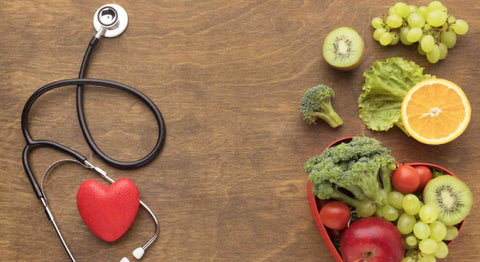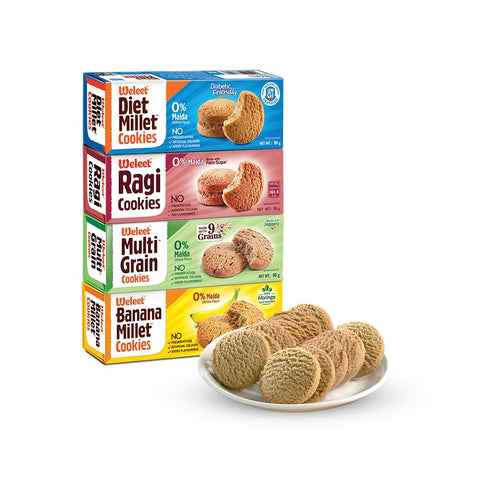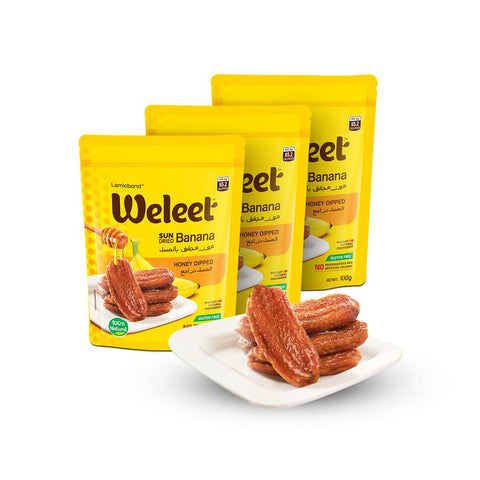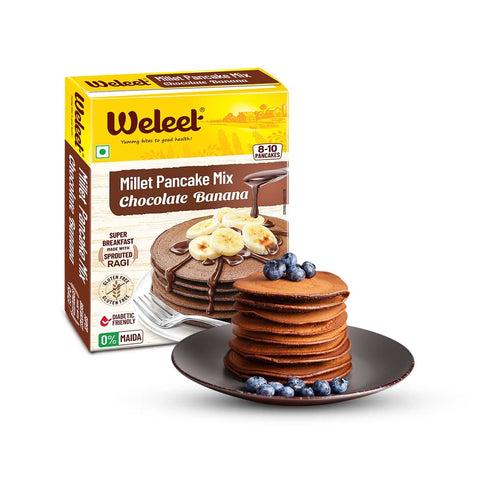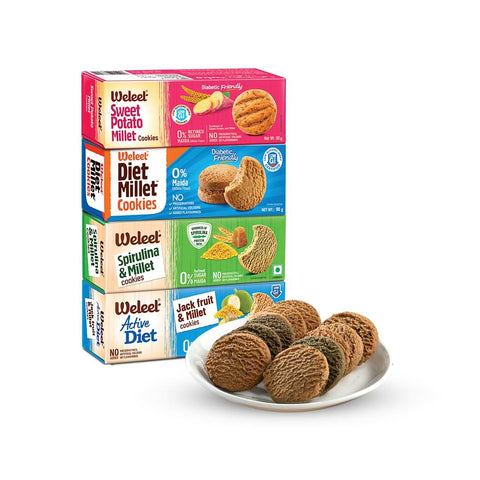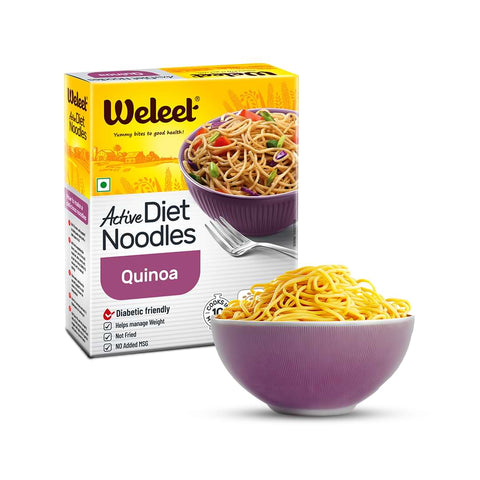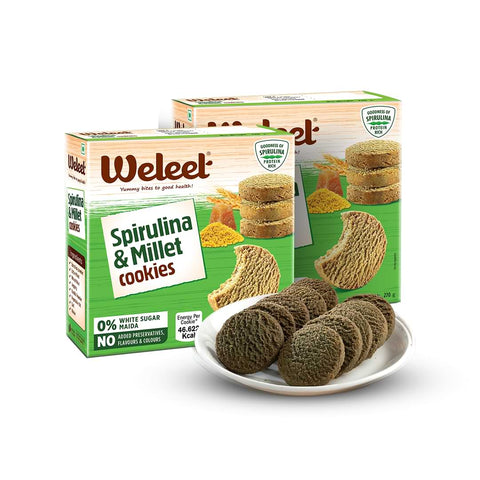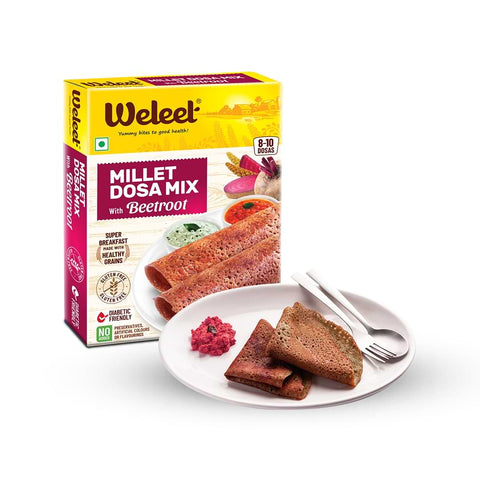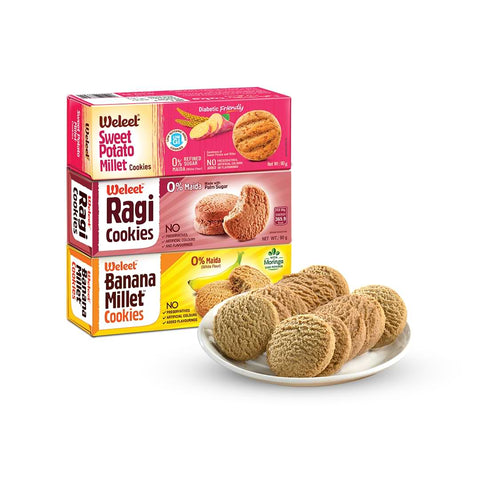High blood pressure, or hypertension, is a prevalent health condition that affects millions of people worldwide. It’s often referred to as a silent killer, as it can lead to serious complications such as heart disease, stroke, and kidney damage. While medication and lifestyle changes play a crucial role in managing hypertension, your diet also plays a significant role. In this blog post, we will explore the best foods for high blood pressure, foods to avoid, and what to eat when your blood pressure is on the rise.
The Power of a Heart-Healthy Diet:
Adopting a heart-healthy diet can be a game-changer in managing high blood pressure. The Dietary Approaches to Stop Hypertension (DASH) diet is often recommended for individuals looking to lower their blood pressure. This diet emphasizes the consumption of nutrient-rich foods that are known to have positive effects on cardiovascular health.
Leafy Greens:
Leafy greens, such as spinach, kale, and Swiss chard, are rich in potassium, a mineral that helps balance sodium levels in the body. High sodium intake is a significant contributor to hypertension, so increasing your potassium intake can counteract its effects. Additionally, leafy greens contain nitrates, which have been shown to help relax blood vessels, leading to lower blood pressure.
Berries:
Berries, such as strawberries, blueberries, and raspberries, are packed with antioxidants called flavonoids. These compounds have been linked to improved blood pressure regulation. Adding a range of berries to your diet can give you a delicious and heart-healthy boost.
Oats:
Oats are a fantastic source of beta-glucans, a type of soluble fibre known to help lower cholesterol levels. By improving your cholesterol profile, you can positively impact your overall cardiovascular health and, consequently, help manage hypertension.
Fatty Fish:
Fatty fish like trout, mackerel, and salmon are rich sources of omega-3 fatty acids. These essential fats have been shown to reduce blood pressure and improve overall heart health. Aim to include at least two servings of fatty fish in your weekly diet for optimal benefits.
Bananas:
Bananas are a convenient and potassium-rich fruit that can aid in maintaining healthy blood pressure. Potassium helps balance sodium levels, preventing water retention and supporting proper muscle and nerve function.
Foods to Avoid for High Blood Pressure:
While incorporating heart-healthy foods is crucial, it’s equally important to be mindful of foods that can contribute to high blood pressure. Limiting or avoiding these items can help you better manage hypertension.
High-Sodium Foods:
One well-known cause of high blood pressure is an excessive diet of salt. Processed foods, canned soups, and salty snacks are often loaded with sodium. Be sure to read food labels and choose low-sodium alternatives whenever possible.
Processed and Red Meats:
Processed meats, such as bacon, sausages, and hot dogs, are typically high in saturated fats and sodium. Red meats, especially those with high-fat content, can also contribute to elevated blood pressure. Lean protein options include fish, poultry, and plant-based proteins.
Sugary Beverages:
Consuming sugary beverages, including sodas and certain fruit juices, has been linked to an increased risk of hypertension. These drinks can contribute to weight gain and insulin resistance, both of which are associated with higher blood pressure. Choose water, herbal teas, or freshly squeezed fruit juices in moderation.
What Foods to Eat When Blood Pressure is High:
In moments when your blood pressure is on the rise, it’s essential to choose foods that can help bring it back to a healthier range. Here are some options to consider:
Watermelon:
Watermelon contains an amino acid called citrulline, which has been shown to help lower blood pressure. Additionally, watermelon is a hydrating fruit that can contribute to overall cardiovascular health.
Garlic:
Garlic has long been praised for its potential cardiovascular benefits. It contains allicin, a compound with natural blood pressure-lowering properties. Consider adding fresh garlic to your meals for both flavour and health benefits.
Beets:
Nitrates, which can help dilate blood vessels and improve blood flow, are abundant in beets. Whether juiced, roasted, or included in salads, beets can be a tasty addition to your diet during hypertensive episodes.
Olive Oil:
A mainstay of the Mediterranean diet, extra virgin olive oil is renowned for its heart-healthy qualities. It contains monounsaturated fats and antioxidants that can contribute to lower blood pressure. Use it to dress salads or as your main cooking oil.
Adopting a balanced diet during a young and healthy stage will contribute to a better quality of life in old age, so try to avoid rice-based food items, sugary foods, processed foods and include gluten free, low glycemic index foods, healthy millet foods, quinoa, fruits, etc. and exercise daily, drink plenty of water to get a healthy lifestyle.
Adopting a heart-healthy diet can significantly contribute to managing high blood pressure and promoting overall cardiovascular well-being. The emphasis should be on nutrient-rich, whole foods that support a balanced and varied diet. By incorporating foods rich in potassium, antioxidants, and omega-3 fatty acids while avoiding excessive sodium and processed foods, you can take a proactive approach to hypertension management. As always, it’s essential to consult with a healthcare professional for personalized advice and guidance on managing high blood pressure through diet and lifestyle changes.


